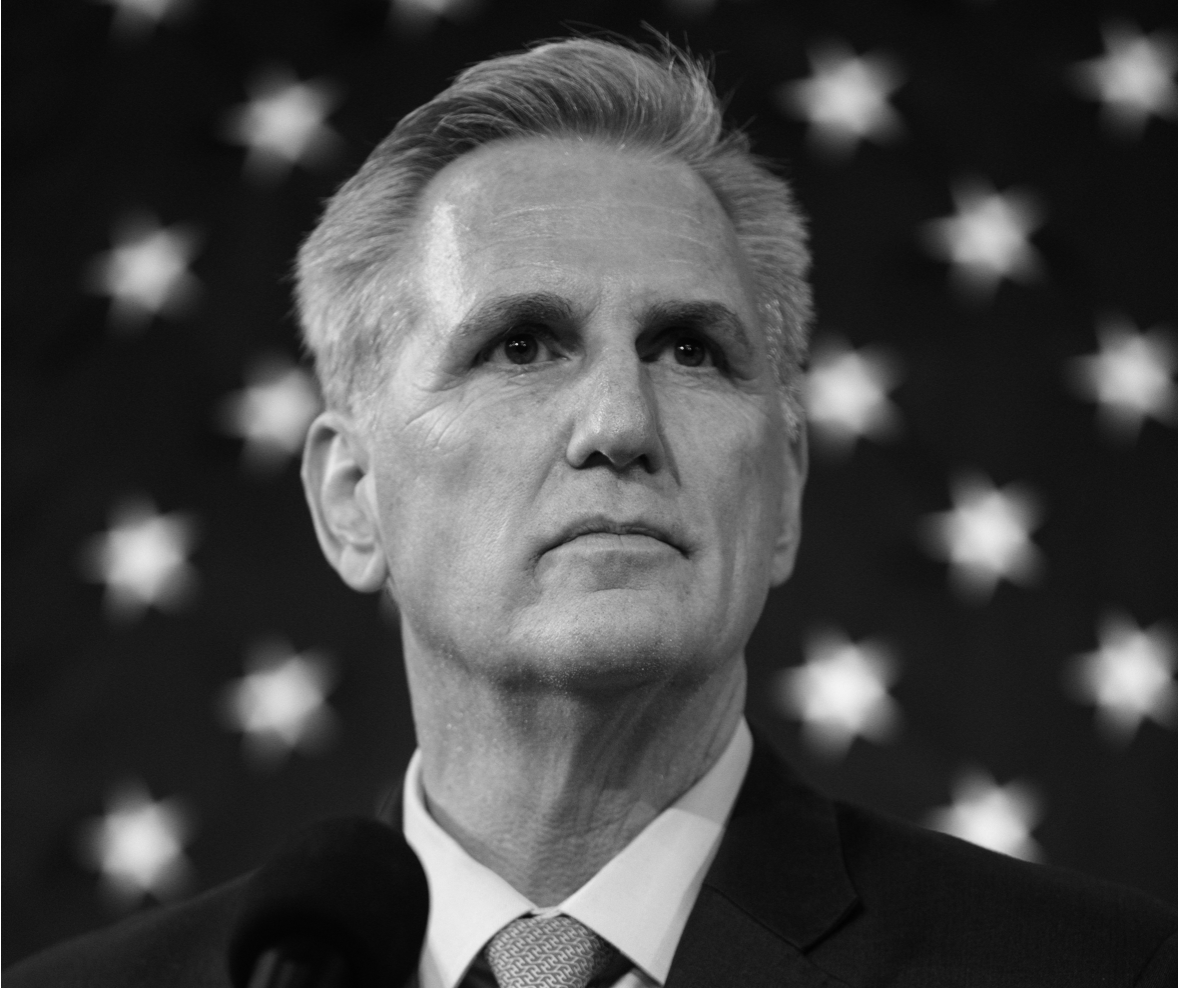What now in the house?
The lengthy speakership battle in the House of Representatives this month ended with both sides able to declare victory. This is the best outcome for the Republicans, who probably couldn’t have afforded either alternative: a crushed rebellion or a crushed mainstream leadership.
Thanks to the concessions won by the right-wing rebels, the House is more likely to function as a true legislative body. Fiscal conservatism might finally become a major force in Congress again, as Republican voters had every right to expect given the GOP’s new majority. But at the same time, this slight, vulnerable majority will have an experienced leader to whom (despite his necessary nods in that direction over the years) MAGA-Trump politics are foreign.
Distrusted though he is by the kind of Republicans who vocally despise most of their party’s leadership class while seeming hostile to any long political experience, Kevin McCarthy as Speaker may nonetheless indirectly help move the party beyond its weakening, but still toxic, addiction to the unpopular ex-president who embarrasses it almost daily. In stark contrast, a MAGA-ish speaker, had the rebels been able to impose one on the 85% of GOP members who backed McCarthy in the November conference vote, would have been labeled a junior Trump figure and become a fresh target of Democratic rage.
“Trump politics has brought upon the Republican party the wrath of an unprecedentedly tight alliance among regular Democrats, the hard left, and our country’s establishmentarian institutions”
“Bring it on!” is the wrong response to such a scenario. Since its inception in 2015, MAGA or Trump politics has brought upon the Republican party the wrath of an unprecedentedly tight alliance among regular Democrats, the hard left, and our country’s establishmentarian institutions. Trump and his Always Trump core persisted in waving their red flags at a frightened bull, stronger than themselves, that has shown itself capable of lethal counterattack. Many of us enjoyed it without being part of it, but the act must end soon. It is extremely dangerous posturing, electorally and otherwise, for which the Republicans and America might long continue to pay a heavy price.
The ugly invasion of the Capitol building two years ago, one gift that will keep on giving to the left-establishment, was not an inevitable result of Trumpism. But something like it was foreseeable in the event of a lost election. There is no guarantee that comparably shameful provocations from fringe blowhards won’t occur again, costing their ostensible party any fair chance of retaking the presidency in 2024. “1/6” has already been chillingly misused in an effort to intimidate at least half of the Republican party.
It must be keenly embarrassing to McCarthy, minority leader in the last Congress and thus the presumptive Speaker, that he won only with large concessions to the rebels who refused to vote for him, holding together impressively through several days of balloting while lacking an alternative candidate. But while this is indeed the main story, there are ways in which regular Republicans may benefit. A politically shrewd mainstream Republican has speculated to me that McCarthy will be very determined now to avoid appearances of weakness. And a liberal acquaintance with tendencies toward fairness comments: “I am looking forward to the Republicans cutting the federal budget – seriously. I am also hoping that those cuts are not accompanied by lower taxes, especially for corporations.”
A Speaker previously associated with business-as-usual, now reformed or at least hemmed in by risk-taking rebels, is admittedly no symbol of political strength. But this is nonetheless the best bet for unity among the 222-member majority. The rebels’ contempt for the optically respectable Bush-Romney-McConnell GOP that has so frustrated the right-wing base for decades is passionate, and I think excessive. But the main policy demands at issue in the speakership battle, a more responsible budget plus serious investigations into Democrats’ multiple abuses of power, should bring all Republicans together, from Always Trump soreheads to the Never Trump half-alienated Republicans they will need again if they’re to elect another president.
More and more Republicans have come to see (and Trumpist populism deserves much credit here) that what’s good for big business isn’t always good for America. They also know that tax cuts and economic issues in general, helpful to the GOP in an increasingly distant past, failed to win the 2020 election for them, while vague gripes about Bidenomics proved similarly useless in 2022. Uncontrolled deficits, not inflation and taxes, have become a truly vital crisis, which Trump and many other Republicans have tended to ignore. I would bet that few citizens who might possibly vote Republican will blame the House majority now for addressing the crisis, if only because it would be a welcome contrast to the Trumpist optics they dislike. An across-the-board spending cut of at least one percent probably makes sense.
Speaker McCarthy and his lieutenants might well be afraid to trim spending, since Democrats would endlessly demonize them for it. But the many voters who believe such propaganda are perhaps, in today’s world, nearly all lost to the Republicans anyway. If McCarthy doesn’t try hard and repeatedly to cut spending, or get his allies to, he could be subjected to damaging no-confidence votes or even lose the speakership. If House Republicans cut spending but the Senate won’t, they can blame Joe Manchin and Kyrsten Sinema, who advocated a little fiscal responsibility in the last Congress, when they face re-election next year. If a budget gesturing toward fiscal responsibility passes both houses but is predictably vetoed, the Republicans can attack President Biden’s overspending quite credibly.
And even if spending cuts don’t go beyond the House, the Republicans will at least be linking themselves to something more than the lurid distortions of Trumpism that spook centrist voters.
Originally printed by the American Institute for Economic Research and reprinted here with permission.







